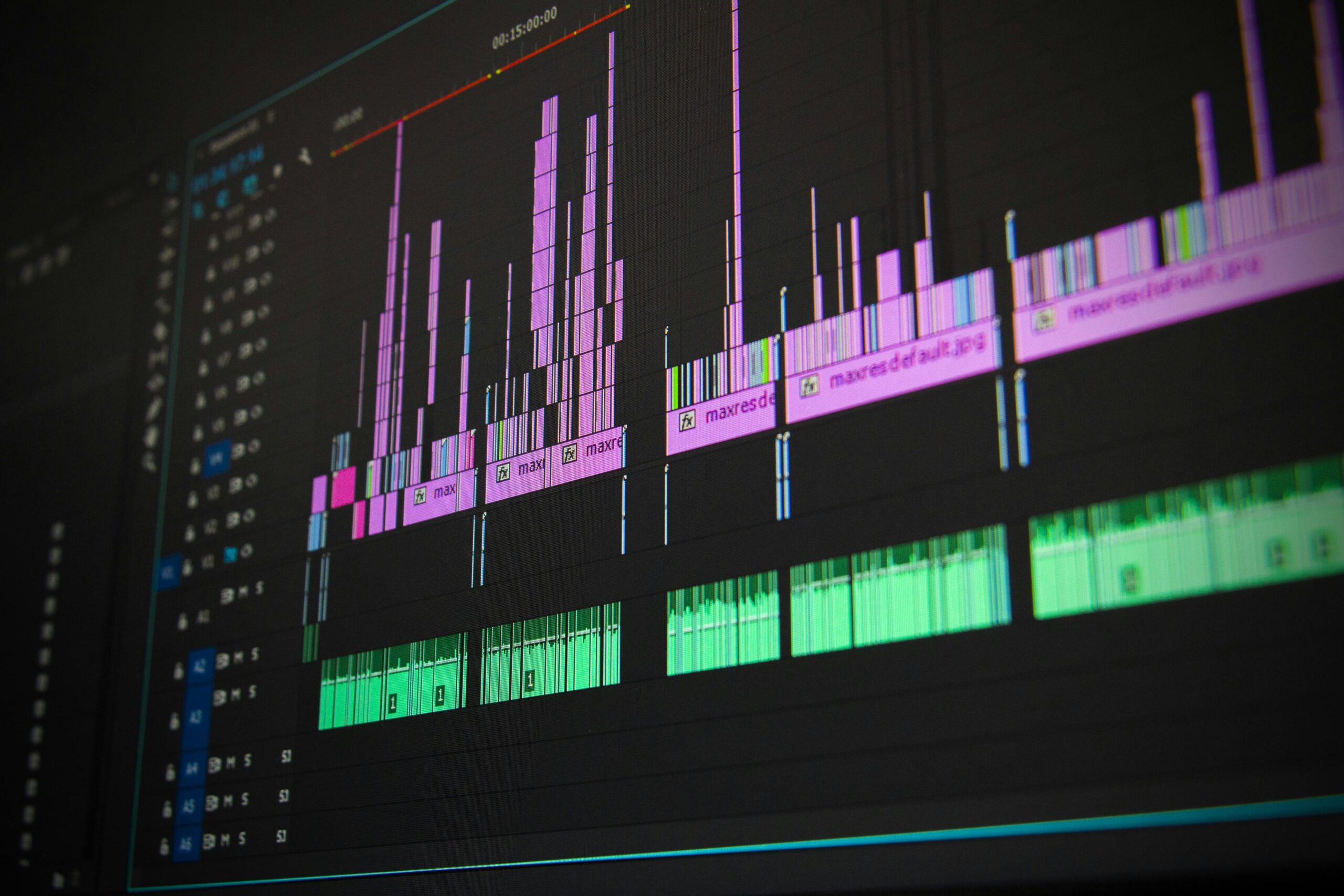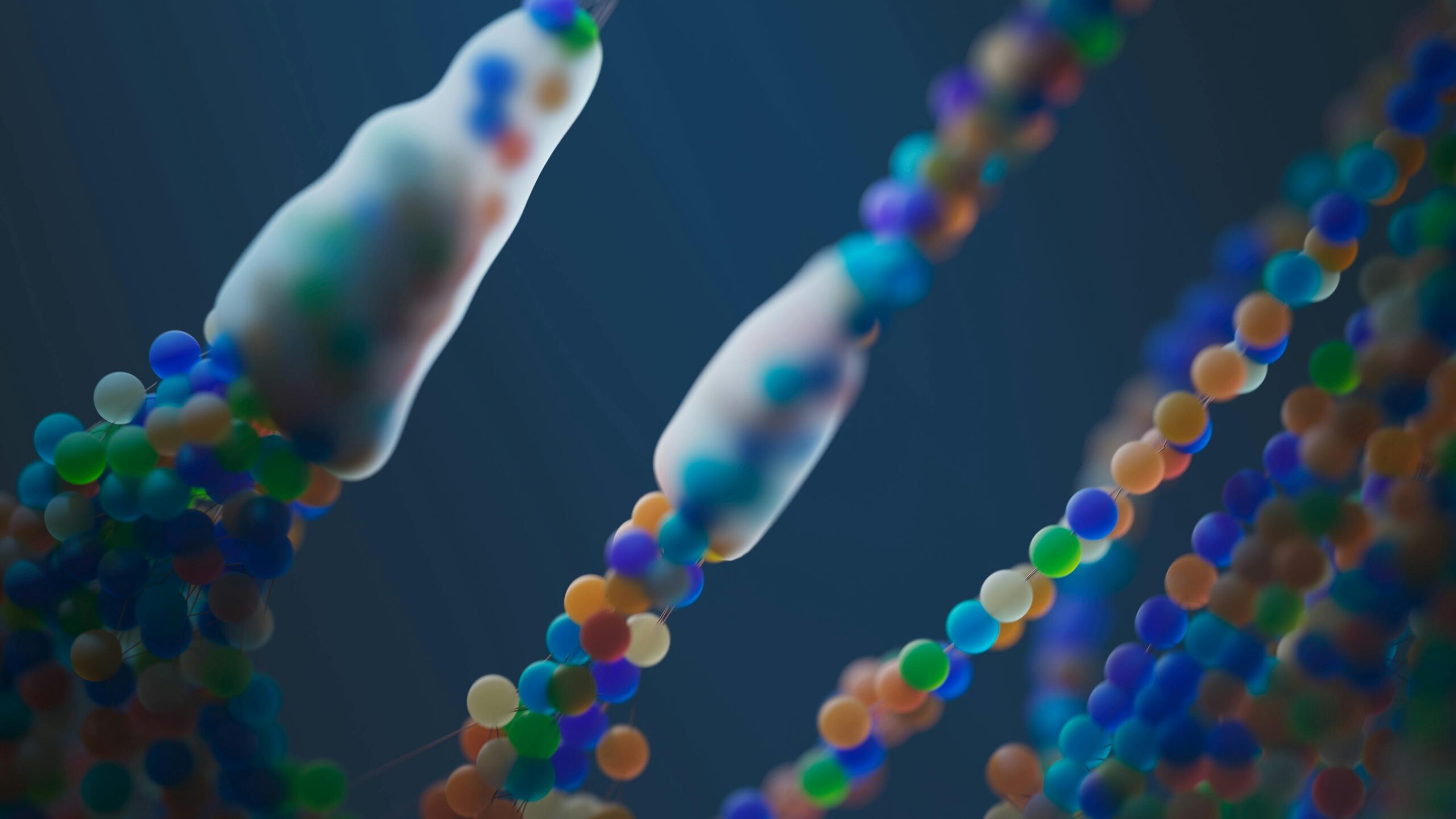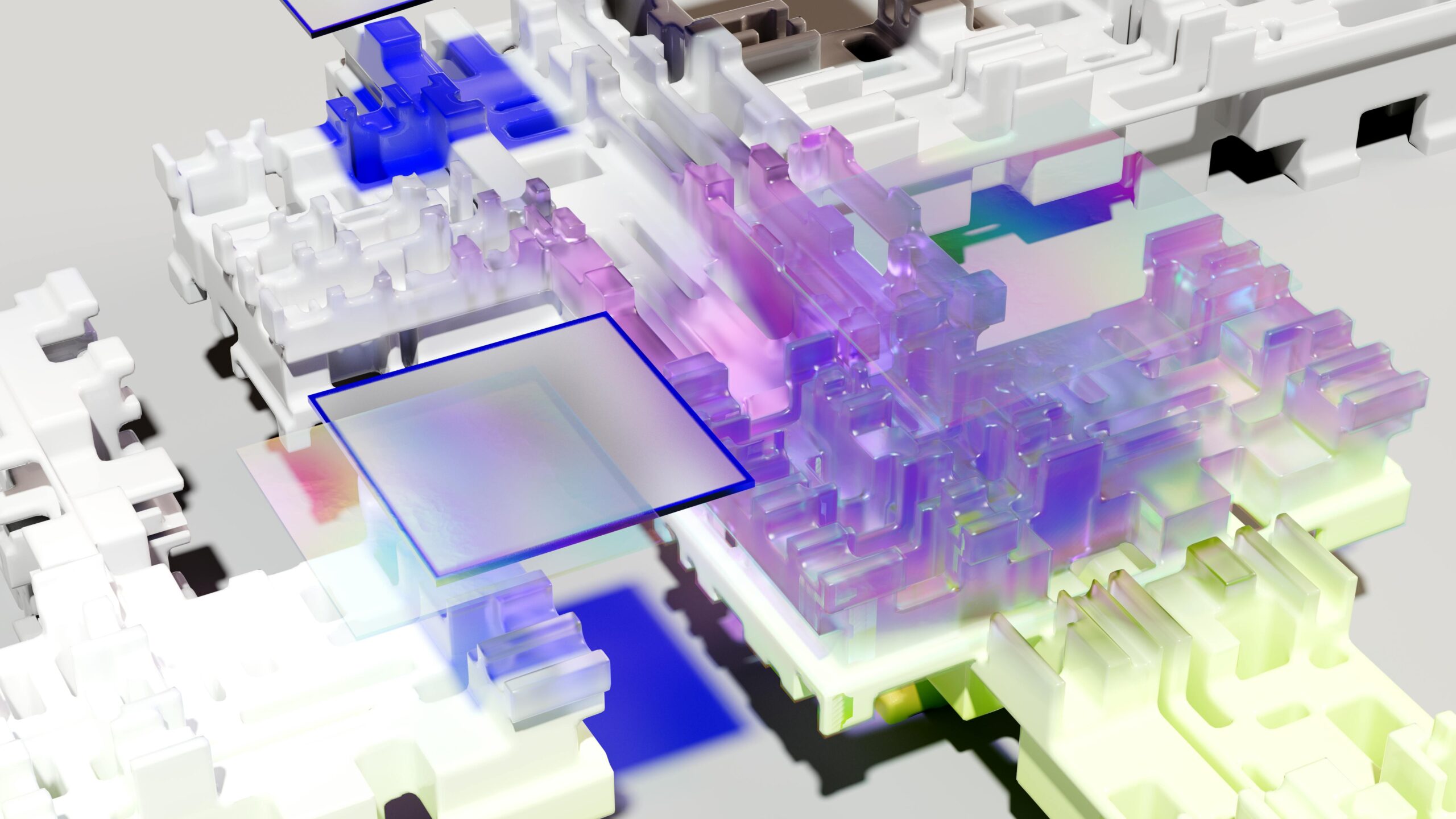Gene editing technology stands at the frontier of scientific innovation, poised to reshape economies, societies, and the very fabric of human existence in unprecedented ways.
As CRISPR and other advanced genetic tools become more accessible and refined, we’re witnessing the dawn of a transformative era that promises to revolutionize healthcare, agriculture, manufacturing, and environmental conservation. The implications extend far beyond laboratory walls, reaching into every corner of our global economy and touching the lives of billions. This technological revolution raises profound questions about ethics, equity, and the future direction of human development while simultaneously offering solutions to some of humanity’s most pressing challenges.
🧬 The Economic Landscape of Genetic Innovation
The gene editing market is experiencing explosive growth, with projections suggesting it will reach $11.2 billion by 2028. This remarkable expansion reflects not just scientific enthusiasm but genuine economic transformation across multiple sectors. Biotechnology companies, pharmaceutical giants, and agricultural enterprises are investing billions in research and development, creating new job categories and entirely novel business models that didn’t exist a decade ago.
Venture capital flows into gene editing startups at unprecedented rates, with investors recognizing the sector’s potential for both financial returns and societal impact. The economic ripple effects extend beyond direct applications, spawning supporting industries in bioinformatics, laboratory equipment, regulatory consulting, and specialized legal services. Countries positioning themselves as leaders in this field are developing competitive advantages that could define their economic futures for generations.
Market Segments Driving Growth
The gene editing economy comprises several distinct but interconnected segments. Therapeutic applications dominate current investment, with companies racing to develop treatments for genetic diseases, cancers, and chronic conditions. Agricultural biotechnology represents another massive market, where gene-edited crops promise increased yields, enhanced nutrition, and climate resilience without the regulatory burdens historically associated with genetically modified organisms.
Industrial biotechnology applications are emerging as a third pillar, using gene-edited microorganisms to produce chemicals, materials, and fuels more sustainably than traditional manufacturing. Research tools and platforms constitute a fourth segment, providing the technological infrastructure enabling innovation across all other areas. Each segment creates distinct value chains with unique economic characteristics and growth trajectories.
🏥 Healthcare Revolution and Accessibility Challenges
Gene editing’s most immediate societal impact appears in medicine, where it offers hope for treating previously incurable conditions. Sickle cell disease, beta-thalassemia, certain forms of inherited blindness, and various cancers have become targets for gene therapy interventions showing remarkable clinical success. These aren’t distant possibilities but present realities, with several gene-editing therapies already approved by regulatory authorities and more advancing through clinical trials.
However, current treatments often carry price tags exceeding two million dollars per patient, raising critical questions about accessibility and equity. The economic model for developing these therapies reflects enormous research costs, complex manufacturing processes, and limited patient populations for rare diseases. This creates a tension between commercial viability and societal benefit that healthcare systems worldwide struggle to resolve.
Bridging the Access Gap
Addressing accessibility challenges requires innovative approaches across multiple dimensions. Technology maturation will naturally reduce costs as techniques become standardized and manufacturing scales up. Alternative business models, including outcome-based pricing, installment payments, and public-private partnerships, could make treatments financially viable for healthcare systems.
International collaboration and knowledge sharing can accelerate progress while distributing costs more broadly. Some researchers advocate for open-source approaches to certain gene editing tools and techniques, particularly for conditions affecting developing nations. The ethical imperative to ensure these powerful technologies benefit all humanity, not just wealthy populations, shapes ongoing debates about intellectual property, research priorities, and global health policy.
🌾 Agricultural Transformation and Food Security
Gene editing presents revolutionary opportunities for agriculture at a time when climate change, population growth, and resource constraints threaten global food security. Unlike traditional genetic modification, modern gene editing often makes precise changes indistinguishable from natural mutations, leading some regulatory frameworks to treat gene-edited crops differently from conventional GMOs.
Scientists have developed drought-resistant wheat, disease-resistant cacao, higher-yielding rice, and nutritionally enhanced vegetables through targeted genetic modifications. These innovations could help farmers adapt to changing climate conditions while reducing dependence on pesticides and fertilizers. The economic benefits extend throughout agricultural value chains, potentially increasing farmer incomes, reducing food prices, and decreasing environmental impacts.
Environmental and Economic Considerations
The agricultural applications of gene editing intersect with environmental sustainability in complex ways. Crops requiring fewer chemical inputs reduce pollution and greenhouse gas emissions while lowering farmer costs. Enhanced nutritional profiles could address micronutrient deficiencies affecting billions globally. Longer shelf life reduces food waste throughout supply chains, improving economic efficiency while conserving resources.
However, concerns persist about biodiversity impacts, corporate control of food systems, and effects on small-scale farmers. The technology’s concentration in major agricultural companies raises questions about market power and whether benefits will flow primarily to corporate shareholders or be shared more broadly across food systems. These tensions will shape how gene editing transforms agriculture and who ultimately benefits from that transformation.
💼 Employment Landscape and Workforce Evolution
The gene editing revolution is fundamentally restructuring employment across multiple sectors. New job categories emerge regularly, requiring skills that barely existed years ago. Genetic counselors, gene therapy specialists, CRISPR technicians, bioethicists, and regulatory affairs professionals specializing in genetic technologies represent just a few examples of emerging professions.
Traditional industries face workforce transformations as gene editing capabilities integrate into existing operations. Agricultural scientists need genetic literacy. Medical professionals require training in genomic medicine. Manufacturing specialists must understand bioproduction processes. This skills transformation creates both opportunities and challenges, particularly for workers in traditional roles that genetic technologies may displace.
Education and Training Imperatives
Preparing workforces for the gene editing economy requires substantial educational investment. Universities are developing specialized degree programs in genomic sciences, synthetic biology, and related fields. Professional development programs help existing workers acquire new competencies. However, education systems often struggle to keep pace with technological change, creating skills gaps that constrain innovation and economic growth.
Addressing these challenges requires collaboration between educational institutions, industry, and governments. Apprenticeship programs, industry certifications, and continuing education initiatives can complement formal degree programs. Ensuring equitable access to training opportunities will determine whether the gene editing economy exacerbates or reduces existing social inequalities.
⚖️ Regulatory Frameworks and Global Coordination
Regulatory approaches to gene editing vary dramatically across jurisdictions, creating complexity for companies operating internationally and raising questions about competitive fairness. Some countries embrace relatively permissive frameworks that encourage innovation, while others impose stringent restrictions reflecting precautionary principles or ethical concerns. These regulatory divergences influence where research occurs, where companies locate facilities, and which populations access resulting technologies first.
The absence of international coordination creates risks including regulatory arbitrage, “gene editing tourism,” and uneven safety standards. Harmonizing approaches while respecting legitimate differences in cultural values and risk tolerance represents a significant governance challenge. International organizations are developing guidelines and best practices, but enforcement mechanisms remain limited.
Balancing Innovation and Precaution
Effective regulation must balance competing imperatives: encouraging innovation and economic development while protecting public health, environmental safety, and ethical values. Overly restrictive approaches may stifle beneficial developments and push research to less regulated jurisdictions. Inadequate oversight risks safety problems that could undermine public confidence and trigger backlash.
Adaptive regulatory frameworks that evolve with technological capabilities offer potential solutions. Regular scientific review, stakeholder engagement, and evidence-based policy adjustments can help regulations remain relevant and proportionate. Transparency in decision-making processes builds public trust while allowing legitimate scrutiny of regulatory choices.
🌍 Global Equity and North-South Dynamics
Gene editing’s benefits and risks distribute unevenly across global populations, with significant implications for international equity. Research concentrates overwhelmingly in wealthy nations, which also dominate patent ownership and have earliest access to resulting technologies. This pattern risks widening existing health and economic disparities between developed and developing regions.
Developing nations face multiple barriers to participating fully in the gene editing revolution. Limited research infrastructure, scarce specialized expertise, weak intellectual property frameworks, and constrained public and private funding all impede local innovation capacity. Dependency on imported technologies and expertise could perpetuate neo-colonial dynamics in new forms.
Pathways to Inclusive Development
Creating more equitable global participation requires intentional efforts across multiple dimensions. Technology transfer initiatives can help build local research capacity. International funding mechanisms specifically supporting developing country applications address resource constraints. Open-source approaches to certain tools and techniques reduce barriers to entry.
Prioritizing research on conditions predominantly affecting poorer populations represents another crucial step. Market forces alone typically under-incentivize such research, necessitating public funding and innovative partnerships. Ensuring developing nations participate meaningfully in governance discussions about gene editing applications will help align technological development with global needs rather than solely wealthy-country priorities.
🔬 Ethical Dimensions and Societal Values
Gene editing raises profound ethical questions that society must address as capabilities advance. Human germline editing—making heritable genetic changes—provokes particularly intense debate. While potentially preventing inherited diseases, it also opens possibilities for enhancement and designer babies, triggering concerns about inequality, discrimination, and tampering with human nature itself.
Different cultural and religious traditions approach these questions from varying perspectives, with no universal consensus emerging. Some view genetic enhancement as natural human striving for improvement, while others see hubris and violation of natural or divine order. These fundamental value differences complicate governance and suggest no single global approach will satisfy all stakeholders.
Public Engagement and Democratic Deliberation
The societal transformations gene editing enables require broad democratic engagement, not just expert decision-making. Public consultations, citizen assemblies, and participatory technology assessment can incorporate diverse perspectives into governance processes. Education initiatives help citizens understand technologies sufficiently to participate meaningfully in related debates.
Media representations significantly influence public perception, sometimes sensationalizing risks or benefits in ways that distort informed discussion. Science communication that conveys both possibilities and limitations, opportunities and risks, helps build realistic expectations and productive dialogue. Creating spaces where ethical concerns receive serious consideration alongside technical possibilities strengthens social legitimacy for whatever pathways societies choose.
🚀 Future Trajectories and Transformative Potential
Looking ahead, gene editing’s trajectory suggests increasingly profound societal transformations. Technical capabilities continue advancing rapidly, with new tools offering greater precision, efficiency, and scope. Applications expand into previously unimaginable domains, from de-extinction of vanished species to engineering organisms that consume plastic waste or sequester carbon.
Economic impacts will likely intensify as technologies mature and costs decrease. Entire industries may emerge around capabilities not yet demonstrated at scale. The convergence of gene editing with artificial intelligence, nanotechnology, and other frontier technologies could generate synergies amplifying transformative potential beyond what any single technology enables alone.
Societal adaptations will prove necessary as genetic technologies become more pervasive. Legal frameworks addressing genetic privacy, discrimination, and liability will require updating. Educational systems must prepare citizens to navigate a world where genetic literacy becomes increasingly essential. Cultural narratives about human nature, health, agriculture, and environmental stewardship will evolve in response to new capabilities and their applications.

🌟 Navigating Transformation Thoughtfully
The gene editing revolution presents humanity with extraordinary opportunities and significant responsibilities. The economic potential spans multiple sectors and could generate enormous wealth while solving pressing problems. The societal implications reach fundamental questions about human nature, equality, and our relationship with the living world.
Realizing benefits while minimizing risks requires wisdom, foresight, and inclusive governance. Technical capabilities alone don’t determine outcomes—social choices about how to develop and deploy technologies shape their ultimate impacts. Ensuring these powerful tools serve broad human flourishing rather than narrow interests represents perhaps the central challenge of our time.
The path forward demands ongoing dialogue, adaptive governance, international cooperation, and commitment to equity. By approaching gene editing innovation with both enthusiasm for its potential and humility about our limitations, we can work toward futures where these revolutionary capabilities genuinely serve humanity’s highest aspirations while respecting the profound responsibilities such power entails.
Toni Santos is a biomedical researcher and genomic engineer specializing in the study of CRISPR-based gene editing systems, precision genomic therapies, and the molecular architectures embedded in regenerative tissue design. Through an interdisciplinary and innovation-focused lens, Toni investigates how humanity has harnessed genetic code, cellular programming, and molecular assembly — across clinical applications, synthetic organisms, and engineered tissues. His work is grounded in a fascination with genomes not only as biological blueprints, but as editable substrates of therapeutic potential. From CRISPR therapeutic applications to synthetic cells and tissue scaffold engineering, Toni uncovers the molecular and design principles through which scientists reshape biology at the genomic and cellular level. With a background in genomic medicine and synthetic biology, Toni blends computational genomics with experimental bioengineering to reveal how gene editing can correct disease, reprogram function, and construct living tissue. As the creative mind behind Nuvtrox, Toni curates illustrated genomic pathways, synthetic biology prototypes, and engineering methodologies that advance the precision control of genes, cells, and regenerative materials. His work is a tribute to: The transformative potential of CRISPR Gene Editing Applications The clinical promise of Genomic Medicine and Precision Therapy The design innovations of Synthetic Biology Systems The regenerative architecture of Tissue Engineering and Cellular Scaffolds Whether you're a genomic clinician, synthetic biologist, or curious explorer of engineered biological systems, Toni invites you to explore the cutting edge of gene editing and tissue design — one base pair, one cell, one scaffold at a time.




